Dhaka, August 5- Sheikh Hasina, the recently resigned Prime Minister and President of the Awami League, has decided to retire from politics, according to her son Sajeeb Wazed Joy. In an exclusive interview with the BBC, Joy confirmed that his mother is stepping away from political life following her resignation earlier today.
Sheikh Hasina's departure marks the end of a significant chapter in Bangladeshi politics. Joy shared that despite her tireless efforts to lead the country, Hasina has been deeply disappointed by recent events. "She has decided not to engage in politics anymore," Joy stated, underscoring her disillusionment with the current situation.
Reflecting on her tenure, Joy highlighted the dramatic transformation Bangladesh has undergone under Hasina's leadership. "When she took power in 2009, Bangladesh was almost a failed state," he said. "But today, it is one of the emerging tigers of Asia. This progress would not have been possible without her leadership." Despite these accomplishments, Hasina's recent disappointment has prompted her to withdraw from the political arena.
The decision to resign and leave the country came in the wake of a massive protest movement demanding quota reforms in government jobs. The movement, which evolved into a broader call for the government's resignation, culminated in Sheikh Hasina stepping down. She and her sister Sheikh Rehana were flown out of Dhaka on Monday afternoon via a military helicopter, which transported them to Tripura, India.
According to Indian media, Sheikh Hasina's plane subsequently landed at Hindan Air Force base in Ghaziabad, near Delhi, at around 6 pm local time. Sajeeb Wazed Joy disclosed that Hasina had been considering resignation since Sunday, suggesting that the decision was a calculated response to the escalating political crisis.
As Bangladesh enters a new era, the departure of Sheikh Hasina, a key figure in the nation's political landscape, raises questions about the country's future direction. Meanwhile, the formation of an interim government, as indicated by the Chief of Army Staff General Waqar-uz-Zaman, remains a critical next step in ensuring stability and addressing the demands of the protestors.



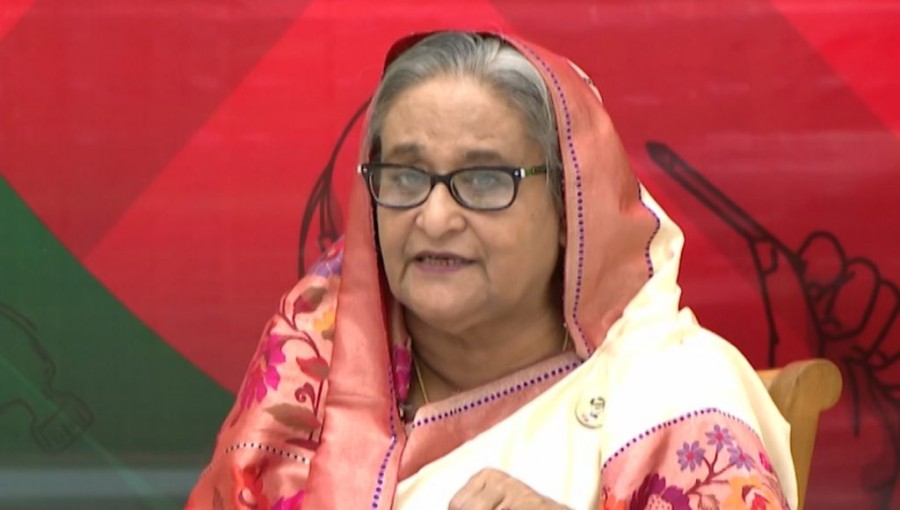
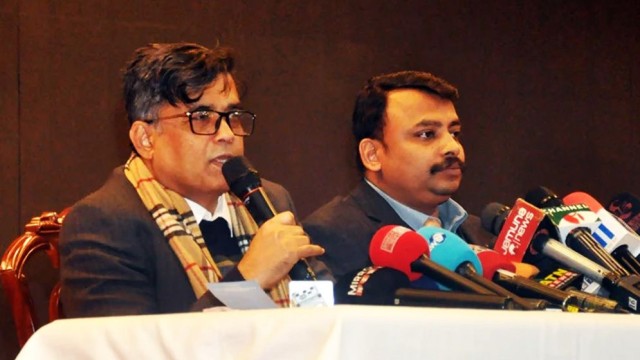

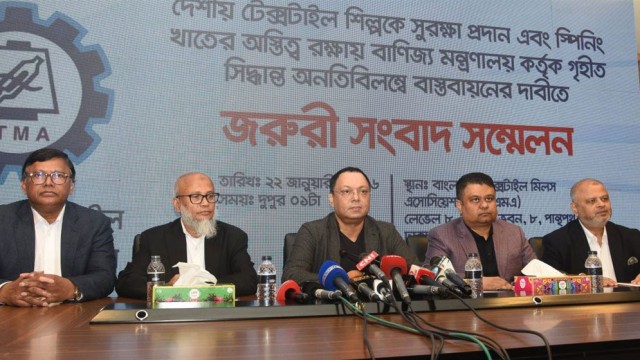
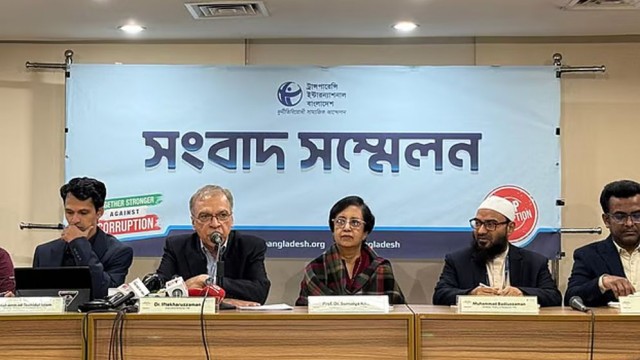
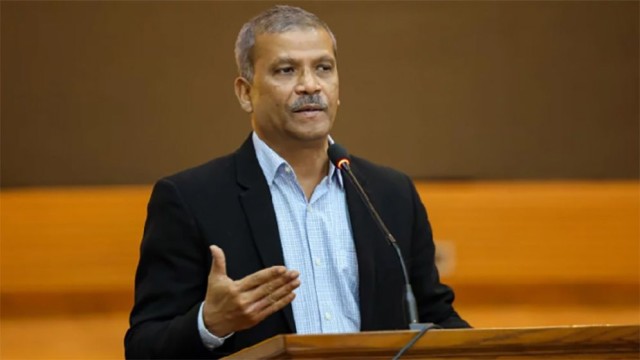
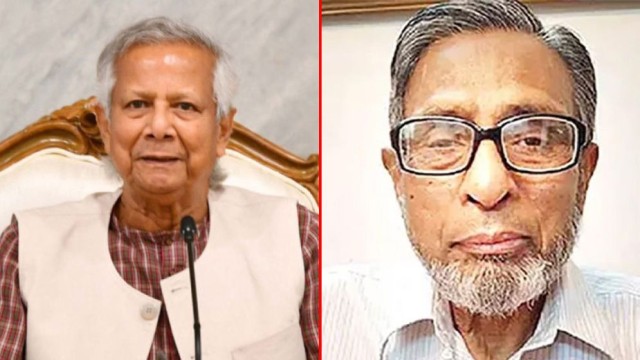
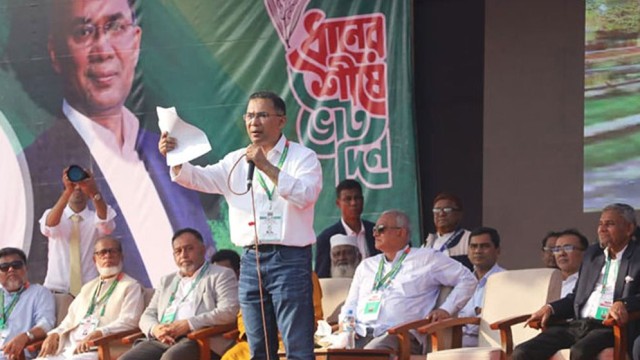


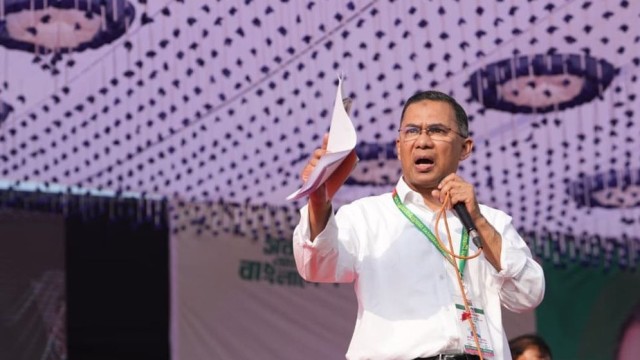

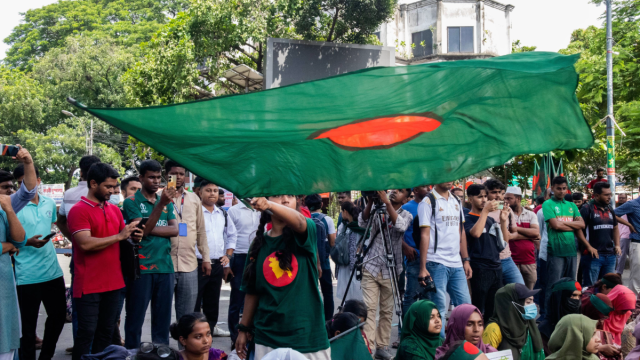









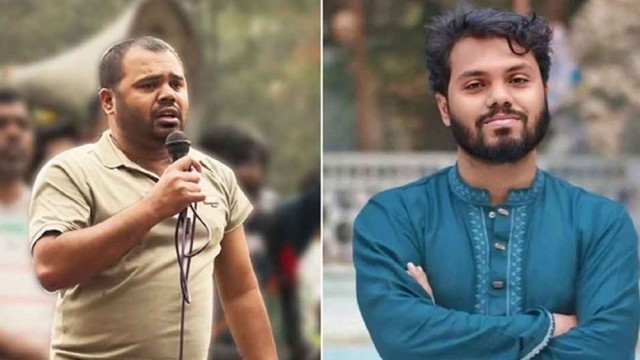

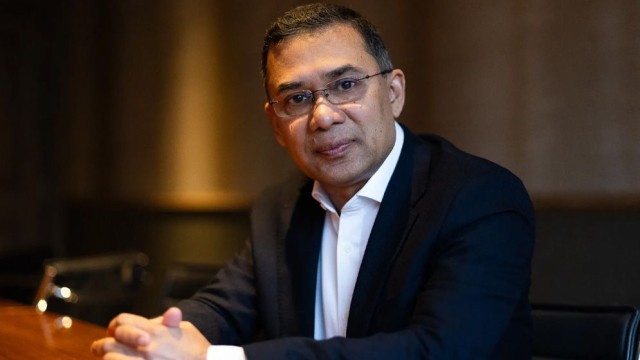
Comment: